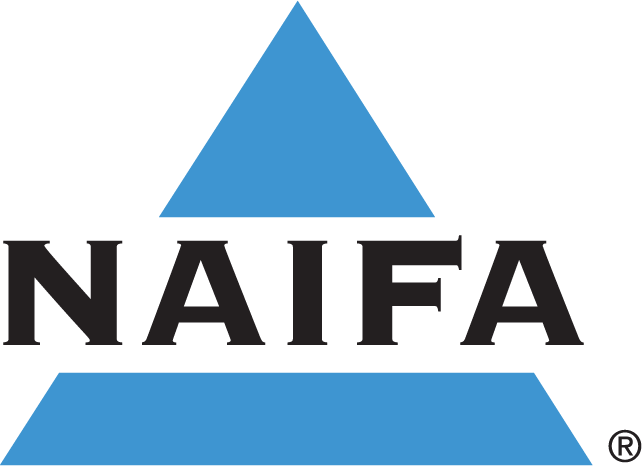NAIFA supports a standard requiring securities-licensed firms and financial professionals to act in the best interests of their clients and believes the SEC is the proper regulatory agency to enact and enforce the standard.
This was the main message of a written statement NAIFA President Jill Judd submitted to the U.S. House Committee on Financial Services to be a part of the record for today’s Subcommittee on Investor Protection hearing on the proposed SEC Best Interest Rule.
“The SEC’s general approach, we believe, significantly strengthens the standard of conduct for financial professionals while preserving choice and access to advice and investment products for consumers at all income levels and account sizes,” Judd wrote.
NAIFA believes the SEC proposal “contains a robust, substantive regime to protect investors.” Among the strengths of the proposal are that it would: clearly require advisors to put the interests of clients above their own or those of their firms when giving investment recommendations, allow the sale of diverse products under compensation arrangements that make sense for all types of investors, contain simple and meaningful compensation and conflict-of-interests disclosure requirements, and use existing federal enforcement mechanisms.
NAIFA encourages the SEC to revise provisions in the proposal that would restrict the use of the titles “advisor” and “adviser” by broker-dealers and their registered representatives, but not by other professionals who provide advice on a wide variety of financial topics.
NAIFA members work with “Main Street” investors. A recent survey found that 83 percent of NAIFA members report that most of their clients have annual household incomes of $150,000 or less, and nearly one-third say most of their clients have incomes of $100,000 or less. NAIFA believes overly restrictive regulations, such as proposals that would make it difficult or impossible for advisors to receive commissions, would reduce middle- and lower-income consumers’ access to financial advice and services. Many of these consumers cannot afford out-of-pocket fees or maintain lofty account balances required by many non-commissioned firms.
“The SEC’s proposal represents a principles-based approach with a high standard of conduct and clear obligations for financial professionals, but with a commonsense implementation framework that will allow diverse products and compensation arrangements to be offered in the marketplace,” Judd wrote in NAIFA’s statement.







